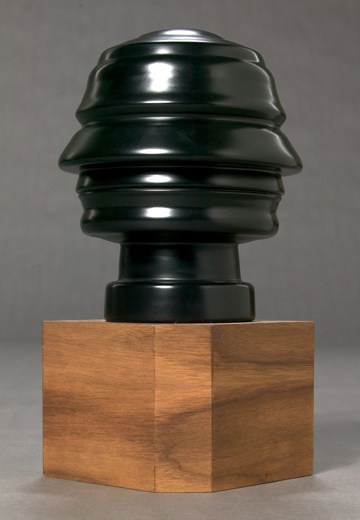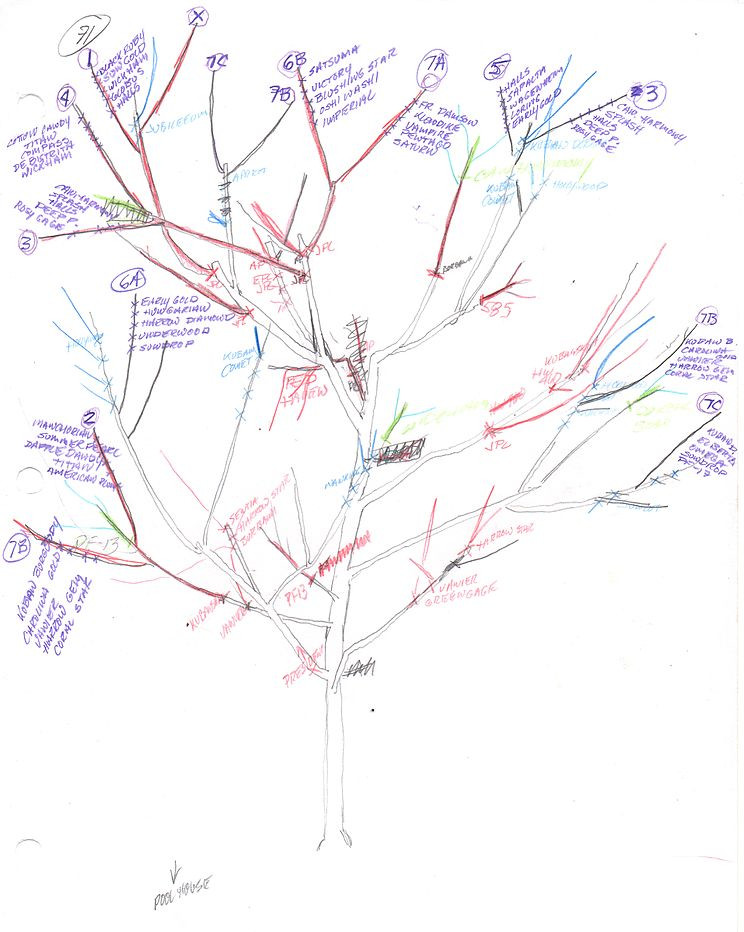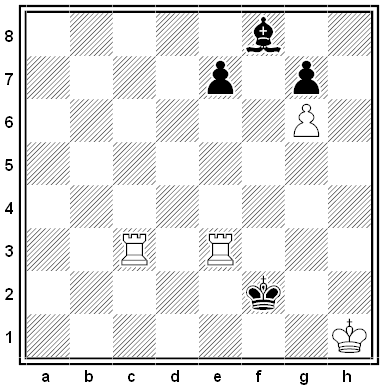A for Effort
During World War I, an anonymous American businessman who felt that “moral education of children is the fundamental need of the nation” offered $5,000 for “a children’s morality code that can be accepted as official — something prepared by the best brains of the educational profession.”
The contest ran for a year, from 1916 to 1917, and the winner was announced in American Magazine: William J. Hutchins had formulated 10 “laws of right living”:
- The welfare of our country depends upon those who try to be physically fit for their daily work.
- Those who best control themselves can best serve their country.
- Self-conceit is silly, but self-reliance is necessary to boys and girls who would be strong and useful.
- Our country grows great and good as her citizens are able more fully to trust each other.
- Clean play increases and trains one’s strength, and helps one to be more useful to one’s country.
- The shirker or the willing idler lives upon the labor of others, burdens others with the work which he ought to do himself. He harms his fellow citizens, and so harms his country.
- The welfare of our country depends upon those who have learned to do in the right way the things that ought to be done.
- One man alone could not build a city or a great railroad. One man alone would find it hard to build a house or a bridge. That I may have bread, men have sowed and reaped, men have made plows and threshers, men have built mills and mined coal, men have made stoves and kept stores. As we learn better how to work together, the welfare of our country is advanced.
- In America those who are of different races, colors and conditions must live together. We are of many different sorts, but we are one great people. Every unkindness hurts the common life, every kindness helps the common life.
- If our America is to become ever greater and better, her citizens must be loyal, devotedly faithful, in every relation of life.
I don’t know how widely this was actually used. The anonymous “Donor” followed up by offering a $20,000 prize for the best method of character instruction in American public schools, but I can’t tell whether that was ever awarded.
Second Strike
The Paradox of the Court is a logic problem from ancient Greece. Protogoras took on a pupil, Euathlus, on the understanding that Euathlus would pay him after he won his first court case. After Protogoras taught him the law, Euathlus decided not to practice, and Protogoras sued him for the amount owed.
Protagoras argued that if he won this lawsuit, he’d be paid the money he was owed, and if Euathlus won the suit, then he’d have won his first case and would owe Protagoras the money anyway under the terms of their contract. So he ought to be paid either way.
Euathlus argued that if he won the suit then by the court’s decision he owed nothing, and if he lost the suit then he still would not have won his first case, and thus owed Protagoras nothing under the contract.
One lawyer suggested that the court should decide in favor of the student and declare that he doesn’t have to pay for his education. Then Protagoras should sue him a second time — since then, incontrovertibly, the student will have won his first case!
See You Around

Italian Futurist Renato Bertelli produced this “Continuous Profile of Mussolini” in 1933, eight years after its subject became dictator of Italy. Surprisingly, Mussolini approved it as an official portrait. Not only did it present him as a cultural pioneer, he thought, but it appealed to his respect for Roman traditions: Where Janus had two faces, to look into the past and the future, Il Duce’s had an infinite number, to see in all directions.
Lodging a Complaint

Among the most compelling anecdotes suggesting that dolphins have concepts of ‘wrong’ behavior is Thomas White’s description of how a human snorkeler observing Atlantic spotted dolphins off the Bahamas went outside the bounds of the norms of behavior expected by the dolphins of human observers at that site. The swimmer approached a calf engaged in learning to fish with its mother, a no-no in the rules of engagement between swimmers and these dolphins built up over years. When this happened, the mother then swam not to the hapless trespasser but to the leader of the group of swimmers, whom she could identify, and tail-slapped, her displeasure apparently directed at the leader who had not controlled the behavior of those being led.
— Hal Whitehead and Luke Rendell, The Cultural Lives of Whales and Dolphins, 2015
Full Circle

The Rakotzbrücke, in Germany’s Kromlauer Park, is designed to describe a perfect circle when it’s married with its reflection in the Rakotzsee.
This is more aesthetic than practical — the bridge has been standing since 1860, and crossing it is now prohibited.
Misdemeanor
English wit Charles Stuart Calverley was “the hero of a hundred tales” at Cambridge. One Sunday, for no very good reason, he unhooked the inn sign from the Green Man at Trumpington and sprinted off with it toward the university. The innkeeper and several customers went after him, but Calverley gained ground and managed to escape to Christ’s College, where he ordered the porter to bar the gate and carried his prize to his rooms.
When the dean asked the meaning of the disturbance, he said, “Sir, an evil and adulterous generation seek after a sign, but no sign shall be given.”
Podcast Episode 364: Sidney Cotton’s Aerial Reconnaissance

One of the most remarkable pilots of World War II never fired a shot or dropped a bomb. With his pioneering aerial reconnaissance, Sidney Cotton made a vital contribution to Allied planning. In this week’s episode of the Futility Closet podcast we’ll describe his daring adventures in the war’s early months.
We’ll also revisit our very first story and puzzle over an unknown Olympian.
The Tree of 40 Fruit

In 2008, Syracuse University art professor Sam Van Aken acquired the three-acre orchard at the New York State Agricultural Experiment Station, which was closing due to funding cuts. Over the next five years he grafted together buds from 250 varieties grown there, creating in the end a single tree with 40 different branches, each bearing a different kind of fruit, including almonds, apricots, cherries, nectarines, peaches, and plums. He’s since gone on to produce 16 such trees.
“I’ve been told by people that have [a tree] at their home that it provides the perfect amount and perfect variety of fruit,” he said. “So rather than having one variety that produces more than you know what to do with, it provides good amounts of each of the 40 varieties. Since all of these fruit ripen at different times, from July through October, you also aren’t inundated.”
Oh, and they also bloom in pink, crimson and white in the spring. Here’s Van Aken’s website.


